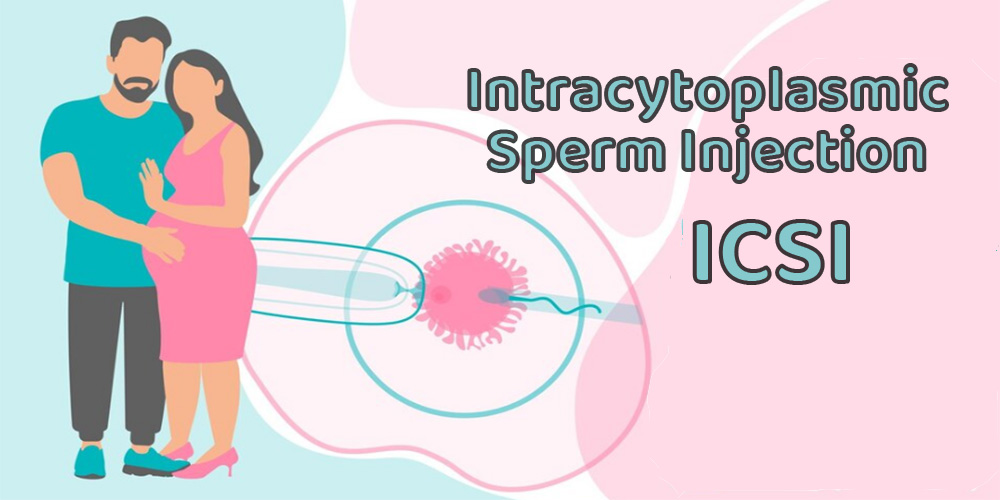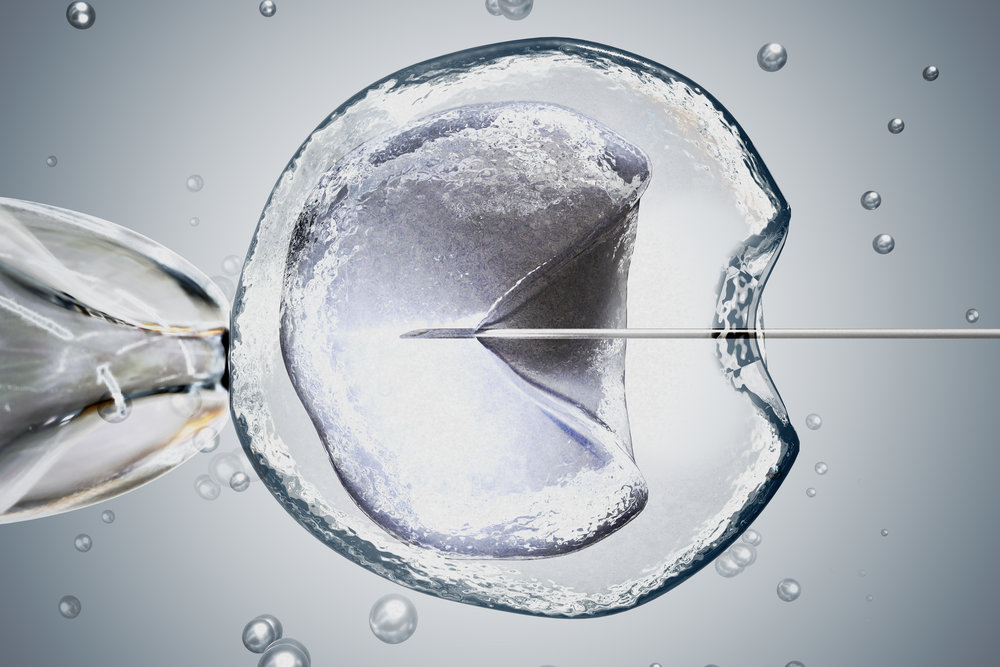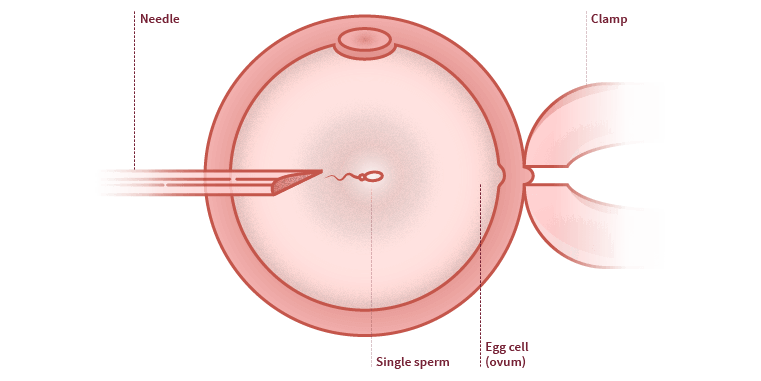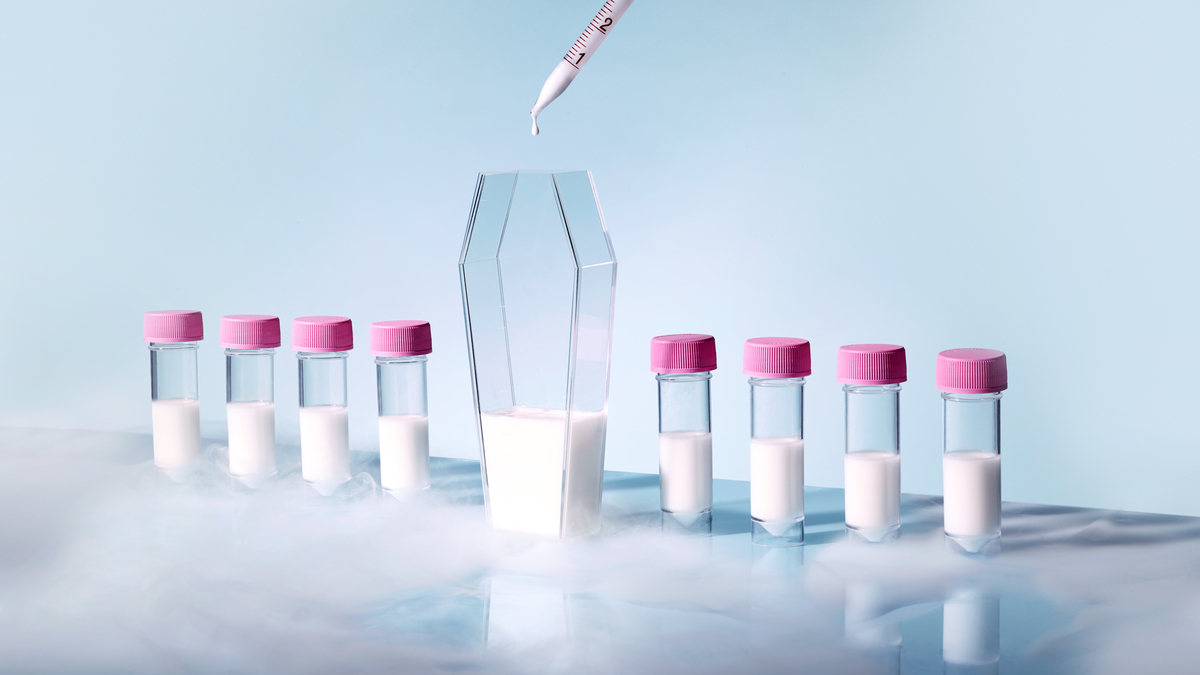What are the risks of ICSI?
Although ICSI is one of the modern and safe methods in ART treatments, like the other technical treatments, expecting some risks, such as the following issues, is intellectual!
- Increased risk of miscarriage
- Multiple gestations
- Increased risk of preterm delivery
- Increased risk of low birth weight
Dangerous Symptoms after ICSI?
Fortunately, there are not any dangerous symptoms of ICSI! If you follow precisely all instructions of your fertility doctor! You can get the best result, healthy pregnancy, and a happy baby! Good protein sources include beans, eggs, nuts, grains, salmon, and yogurt. Thanks to fresh fruits and vegetables like bananas, oranges, berries, dates, sprouts, broccoli, etc., which eliminate your post-IVF digestive condition, you can keep your body healthy.
How to Prepare for ICSI Treatment?
Preparing for all types of ART methods will need to have a healthy approach at least 6 months before. Changing your
lifestyle up to six months before starting infertility treatment is better. Recently, researchers have found a significant negative association between consuming alcohol and IVF/ICSI success rate. So, your lifestyle is one of the most important factors that could impact final results! For preparing for ICSI following tips should be considered:
- Avoid consumption of alcohol, smoking, and tobacco
- Follow a healthy diet
- Use prenatal vitamins
- Maintain your BMI between 18.5-25
- Manage your stress level
In the following, we will discuss some tips that could help you get the best ICSI success rate!
1. Boost your body before ICSI
Modern life, work pressure, unhealthy lifestyle, financial problems, and many other factors make couples use many fancy drugs, including antidepressants, anti-allergic and anti-allergic medications. Indeed, the arbitrary use of pain relievers has become a habit. Before entering an ICSI/IVF procedure, inform your fertility doctor about your medication. If you are suffering from a specific cancer-like illness, and you have used chemotherapy drugs, have thyroid issues and have taken thyroid medication, or because of your mental health concerns at a particular time, have used antidepressants or other medicines. It's best not to hide it because each of them can harm your ICSI success rate.
2. Boost your body after egg retrieval in ICSI treatment
In ICSI, like IVF, at the first step, gathering eggs from the intended mother and receiving hormones via injections is unavoidable! This hormonotherapy will stimulate a woman’s ovary to produce more than one egg. Injecting sperms in prepared eggs (in the lab dish) via a microinjection method called ICSI. In an all-in-one post, the best IVF diet plan, we discuss a diet that helps your body get rid of excess hormones after egg stimulation and retrieval! Antioxidant supplements such as inositol and natural detoxification foods such as avocado prepare a comprehensive set for patients to be anxious about their health.
Differences in utilization ICSI around the world?
The primary source for asking similar questions is an article from the USA that focuses on male infertility issues in different regions in the USA. Overall, looking at the popularity of ICSI in the world depends on male infertility in destination countries! Many male infertilities push men to utilize ICSI. According to statistics, ICSI popularity in front of IVF from 1993-20199 rapidly increased but not at a particular point in the world! Data says ICSI utilization in 2011 was 66.5 in the world. This story is keeping on in which way that in 2019 33% of IVF and 66% of ICSI included the ART cycles.






Comments & Questions